
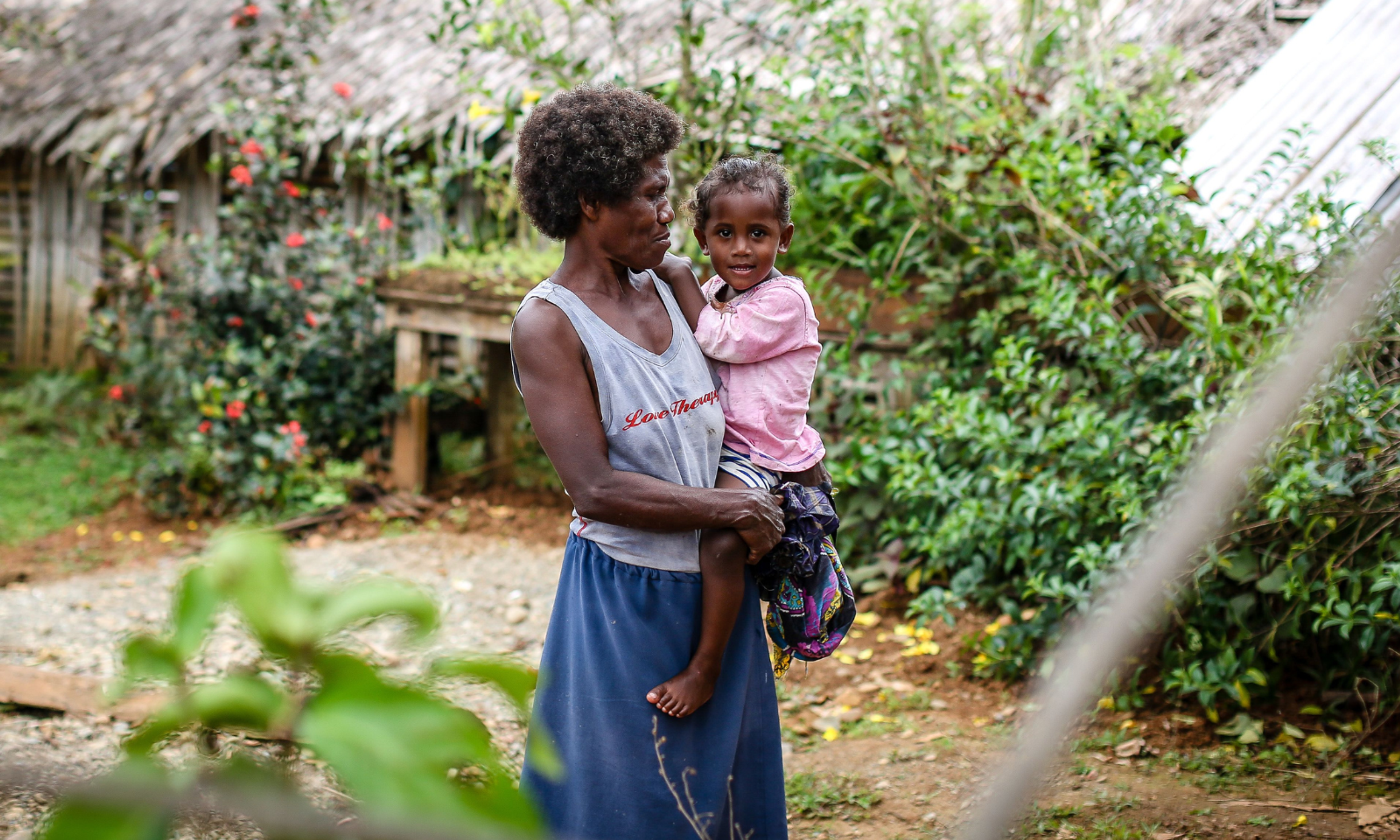
HOPE Trust is set up in communities that are vulnerable to human trafficking due to poverty.
Photo/Supplied
Solomon Islands bylaw empowers chiefs to block child marriage
In Koleasi, a remote village in Central Guadalcanal, traditional leaders now have the legal backing to stop child marriage and escalate cases of abuse.

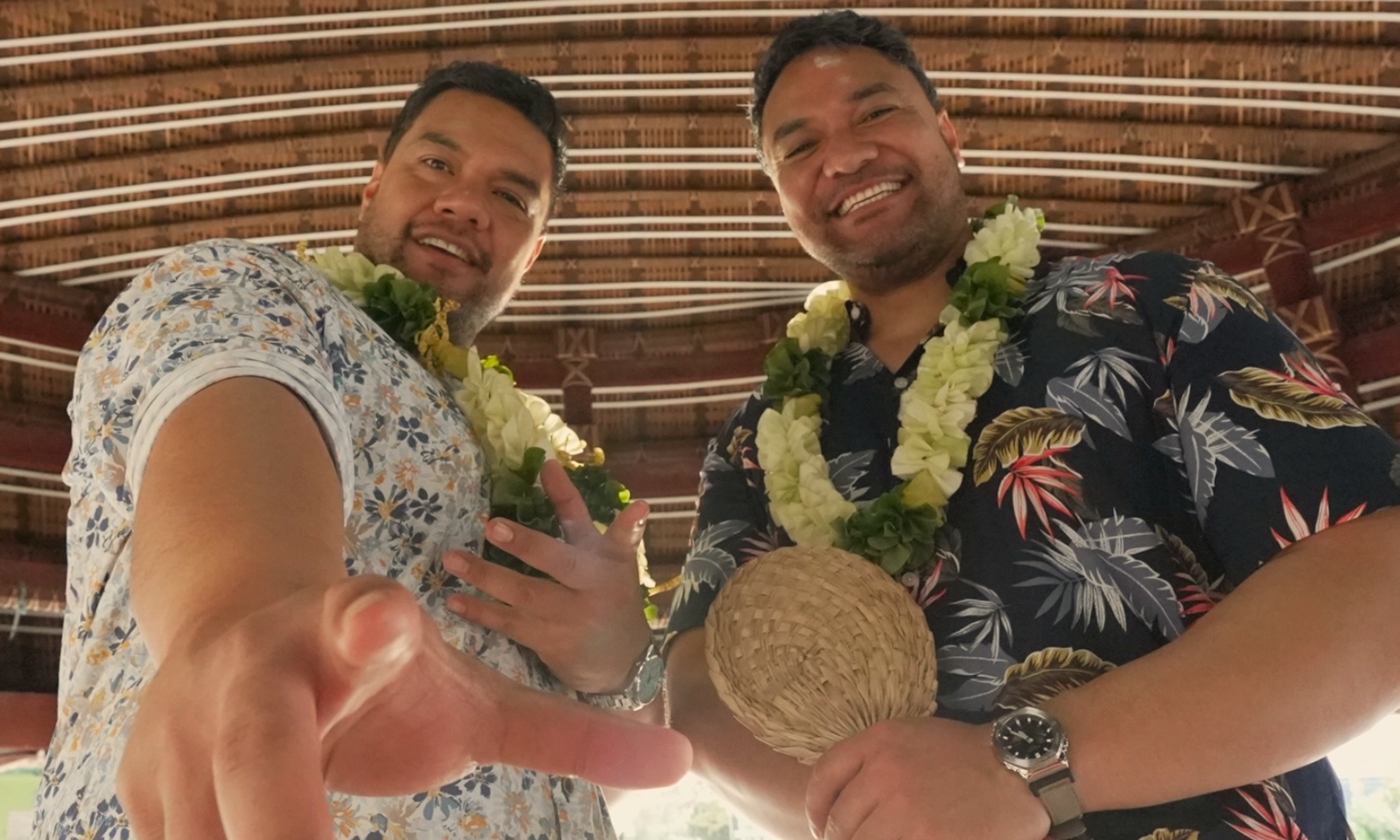
The Sāmoan Tenor named Pati who turned disadvantage into an operatic destiny

Naval officers face charges over sinking of HMNZS Manawanui

‘One of our most trusted leaders’: Tributes flow for a beloved rangatira

Argentina eyes Pacific Islands Forum dialogue partnership as NZ says nations must decide

The Sāmoan Tenor named Pati who turned disadvantage into an operatic destiny

Naval officers face charges over sinking of HMNZS Manawanui

‘One of our most trusted leaders’: Tributes flow for a beloved rangatira
In the Solomon Islands, child marriage, sometimes involving girls as young as 12, continues to be driven by poverty, custom, and outdated legislation.
But in the remote community of Koleasi, Central Guadalcanal, traditional leaders are reclaiming their role in justice and protection through a locally led initiative that blends custom with legal clarity.
“This is the beginning of something great,” Prema Maeato, the Executive Programme Director of Homes of Peace and Empowerment (HOPE) Trust, the organisation leading the work, says.
“Our people have always governed themselves. What this bylaw does is help them use that power again - this time, to protect the next generation.”
Koleasi lies near dense forests and active logging camps, where industry brings both opportunity and risk. Maeato says the surrounding environment creates vulnerabilities that communities can no longer ignore.
“In our domestic logging camps, there are practices of girls being taken and forced into marriage because of poverty,” he says. “Sometimes there are up to seven children in one family, so only one or two are allowed to go to school.
“The rest stay home or get married early - where the consent comes from the parents, not the child.”
The Koleasi Community Bylaw, developed in partnership with Hope Trust and Tearfund, explicitly prohibits marriage under the age of 18.
A breach carries a maximum fine of SI$1000. Penalties also apply for organising a forced marriage or harbouring someone against their will.
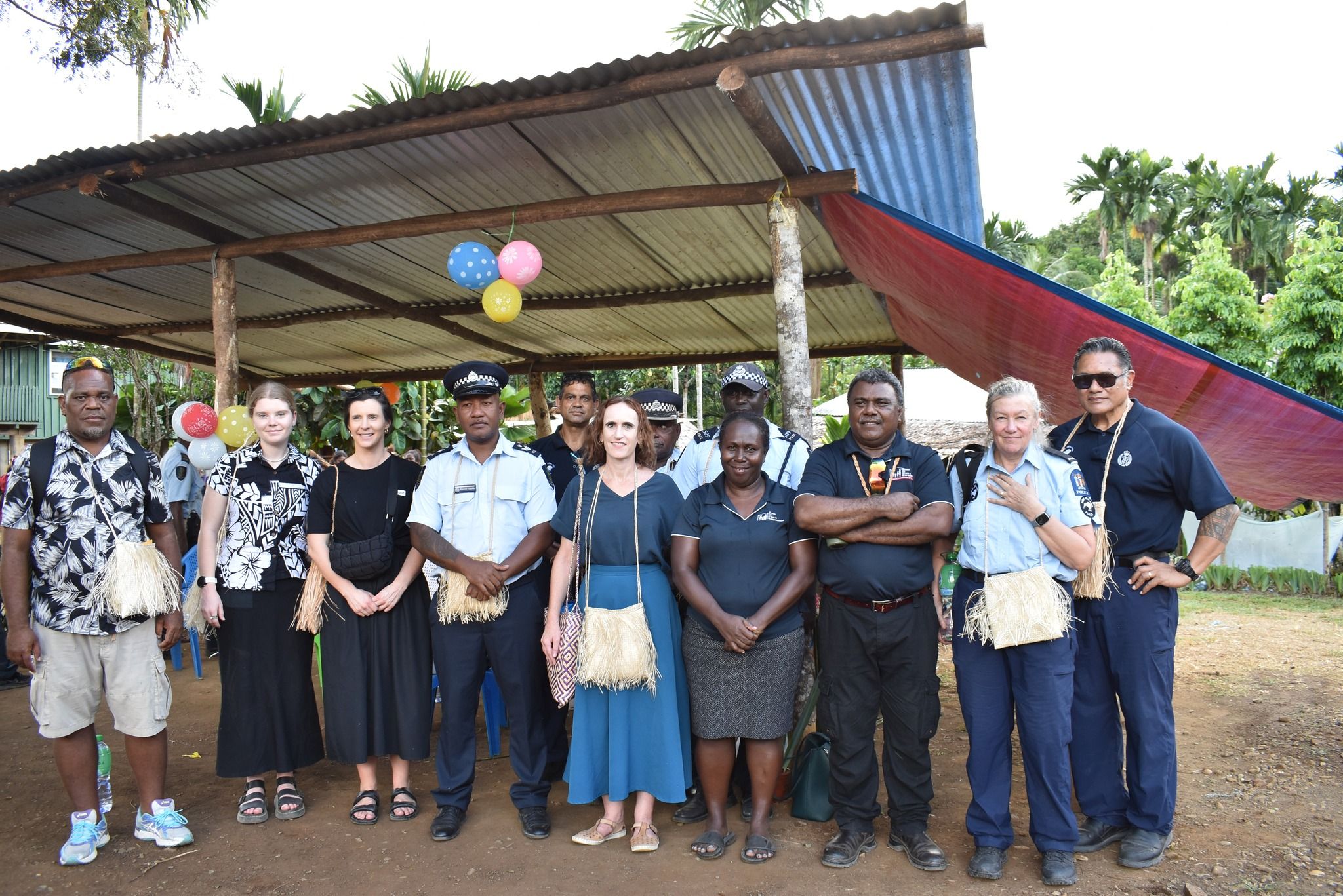
Community leaders, including HOPE Trust and representatives from the police and Tearfund NZ gather to mark the signing of the Koleasi Community Bylaw. Photo/NZ High Commission in Honiara
Beyond fines, the bylaw introduces a clear referral pathway, linking community leaders with the Crime Prevention Committee, police, and social services.
Chiefs, church leaders, and community representatives are responsible for raising awareness in schools and villages, reinforcing cultural norms that prioritise children’s rights and well-being.
The bylaw outlines a wide range of consequences for harmful or exploitative behaviour, including the gifting of a live pig, a cash fine, or kogana, a traditional currency made from precious shells.
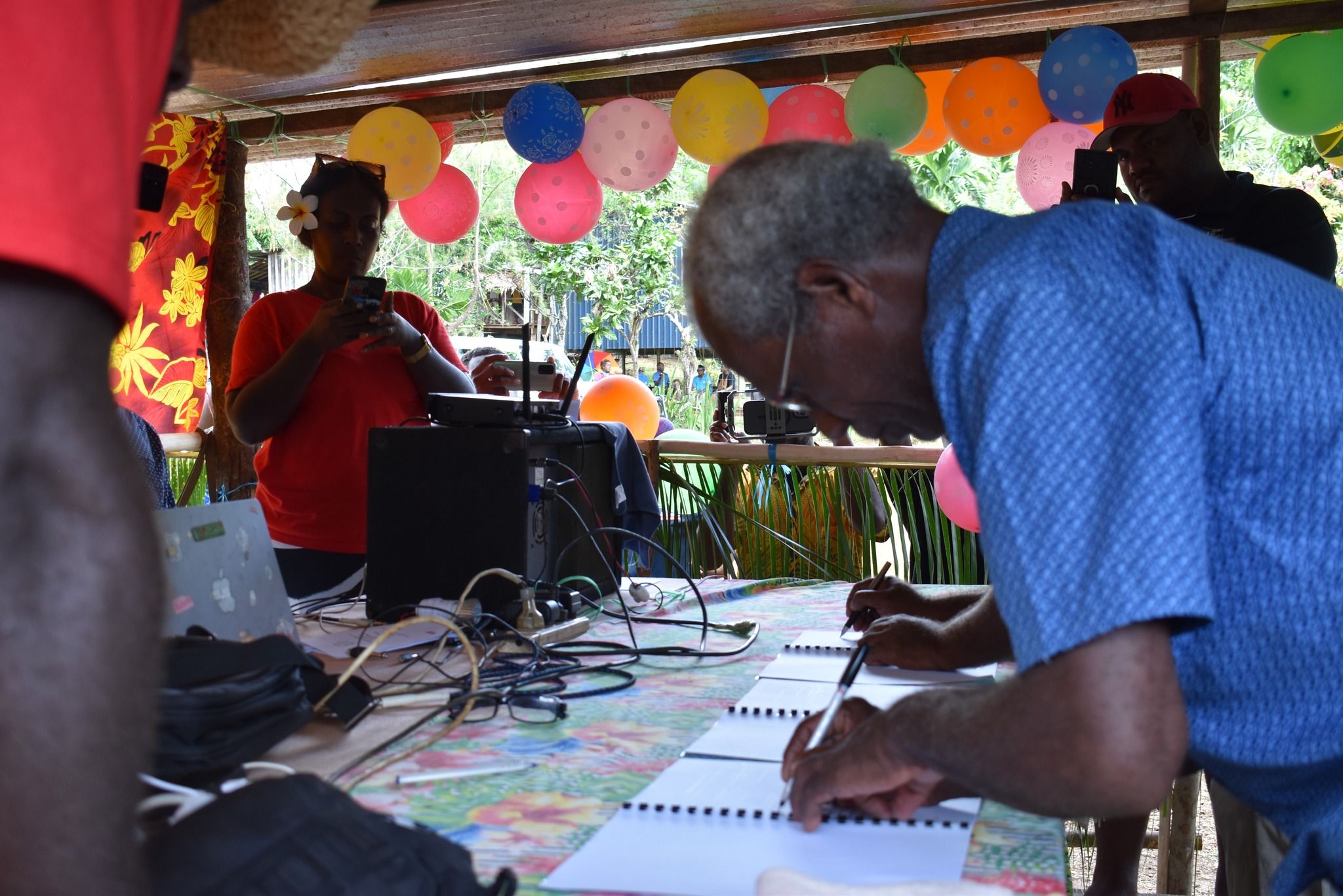
The Koleasi Community Bylaw enables traditional leaders to be part of the justice process. Photo/Supplied
A model for community-led protection
Claire Grey, Head of Advocacy at Tearfund New Zealand, says the Koleasi initiative sets a new standard for how traditional leadership and formal systems can work together to uphold justice.
“These bylaws weren’t created in a back room and imposed; they were built by the community,” she says.
“The result is that leaders feel ownership. They understand their mandate, and they know how to act when something goes wrong.”
She says the bylaw clearly defines which matters are handled at village level, and which must be referred to formal authorities, such as child protection or police.
Listen to Prema Maeato and Claire Gray's full interview below.
“It gives traditional leaders the authority to enforce the rules, and when a case is too serious, like child abuse or exploitation, there’s a pathway to escalate it.”
Maeato says the impact is visible and transformative.
“When this bylaw is launched, you can see the pride in people’s faces. They feel recognised by the Government, by the Police.
"They know their community matters and the traditional leaders realise they still have power - they still have a voice.”
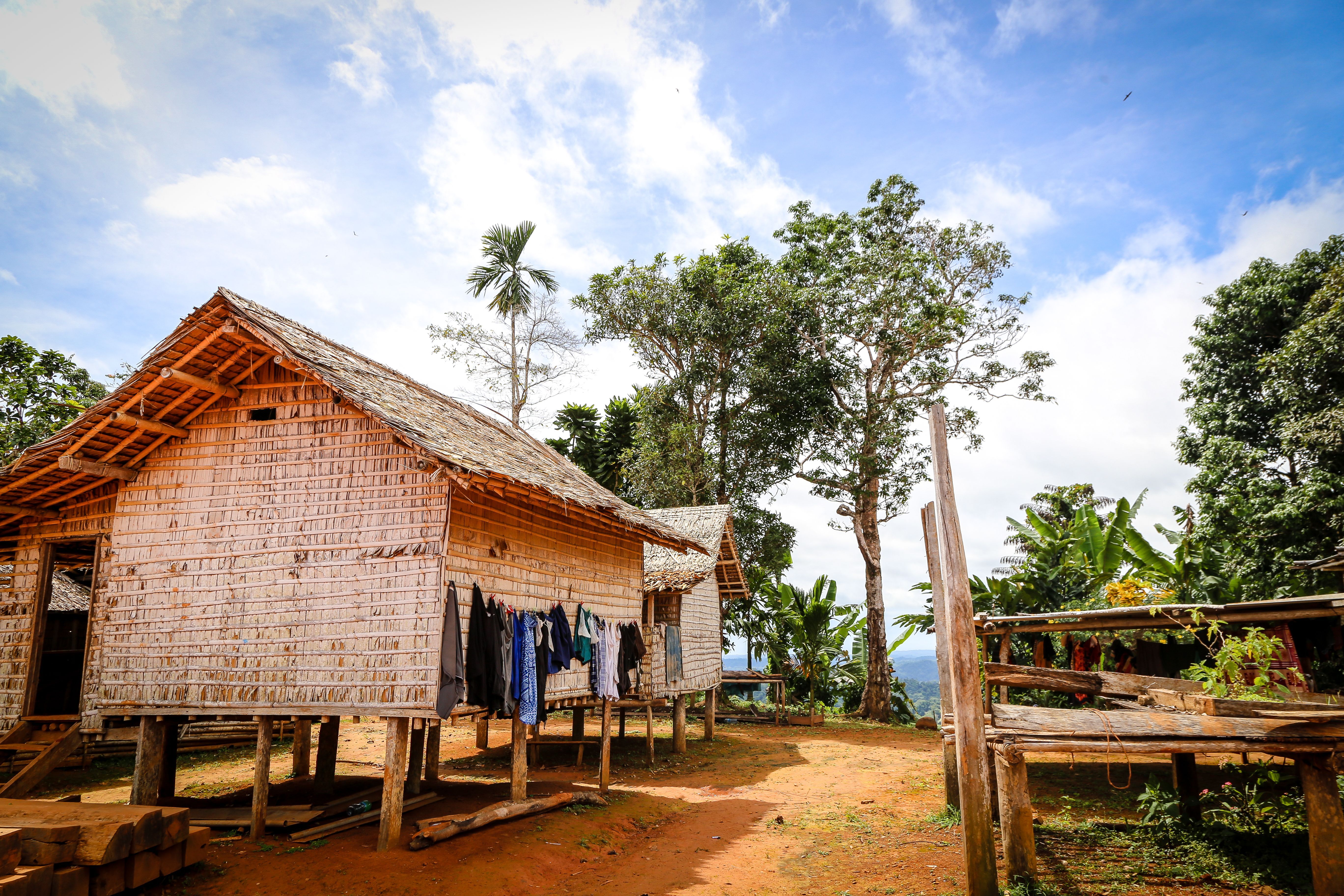
HOPE Trust works with communities who have high rates of poverty and are near mining and logging camps. Photo/Supplied
Expanding the model
Since launching the Koleasi bylaw, Hope Trust has received growing interest from communities in other provinces, including Malaita and Western Province. However, capacity is limited.
“We want to build a model in Central Guadalcanal that others can adapt,” says Maeato. “But every community is different; their customs are different, so each bylaw must reflect that.”
Despite these challenges, the progress in Koleasi offers hope, especially for girls who might otherwise be married off without consent or protection.
“This bylaw gives traditional leaders the mandate to say no,” says Maeato. “It tells the community that children matter, their voices matter, and marriage, exploitation, abuse, none of that is acceptable.”
The Koleasi Community Bylaw is developed with support from Hope Trust, Tearfund New Zealand, and the SAFE programme funded by New Zealand’s Ministry of Foreign Affairs and Trade.
It came into effect on 19 June 2025.